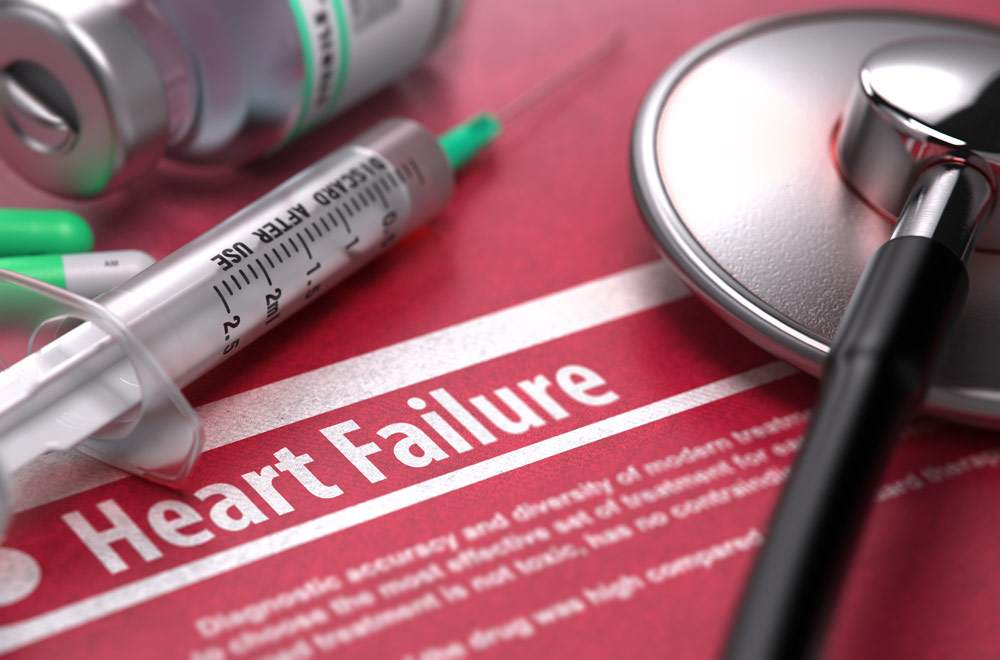Advertisment
Catheter ablation shows promise in end-stage heart failure with atrial fibrillation

Some patients with end-stage heart failure and atrial fibrillation appear to respond significantly and positively to combination catheter ablation and guideline-directed medical therapy.
Investigators reported their findings on August 27, 2023 in the NEJM/New England Journal of Medicine.
The research was presented simultaneously at the European Society of Cardiology/ESC 2023 annual meeting.
As background, the authors noted that the therapeutic potential role of catheter ablation in patients with symptomatic atrial fibrillation and end[1]stage heart failure is not known. “We conducted a single-center, open-label trial in Germany that involved patients with symptomatic atrial fibrillation and end-stage heart failure who were referred for heart transplantation evaluation,” they said. “Patients were assigned to receive catheter ablation and guideline-directed medical therapy or medical therapy alone.”
The primary end point of the investigation was death from any cause, implantation of a left ventricular assist device, or urgent heart transplantation.
The researchers enrolled 194 subjects, 97 to the ablation group and 97 to the medical therapy group.
Due to efficacy outcomes at one year after randomization, the trial was halted. By this time, catheter ablation had been performed on 81 of 97 patients (84%) in the ablation group and 16 of 97 patients (16%) in the medical-therapy group.
After a median follow-up of 18 months, a primary end-point event had occurred in 8 patients (8%) in the ablation group and in 29 patients (30%) in the medical-therapy group, a statistically significant difference (P<0.001). Death from any cause occurred in 6 patients (6%) in the ablation group and in 19 patients (20%) in the medical therapy group (hazard ratio, 0.29; 95% CI, 0.12 to 0.72). Procedure-related compli cations occurred in 3 patients in the ablation group and in 1 patient in the medical therapy group. CONCLUSIONS Among patients with atrial fibrillation and end-stage heart failure, the combination of catheter ablation and guideline-directed medical therapy was associated with a lower likelihood of a composite of death from any cause, implantation of a left ven tricular assist device, or urgent heart transplantation than medical therapy alone. (Funded by Else Kröner-Fresenius-Stiftung; CASTLE-HTx ClinicalTrials.gov number, NCT04649801.)><0.001).
Notably, death from any cause happened in 6 subjects (6%) in the ablation group and in 19 patients (20%) in the medical therapy group.
The authors concluded, “Among patients with atrial fibrillation and end-stage heart failure, the combination of catheter ablation and guideline-directed medical therapy was associated with a lower likelihood of a composite of death from any cause, implantation of a left ventricular assist device, or urgent heart transplantation than medical therapy alone.”





